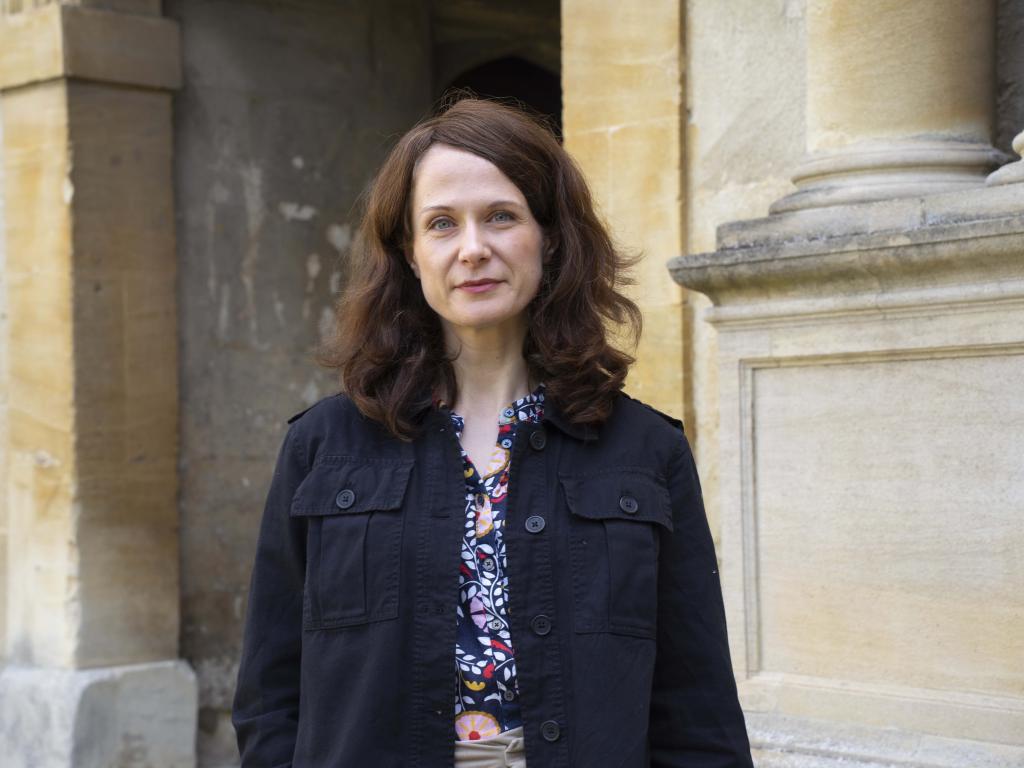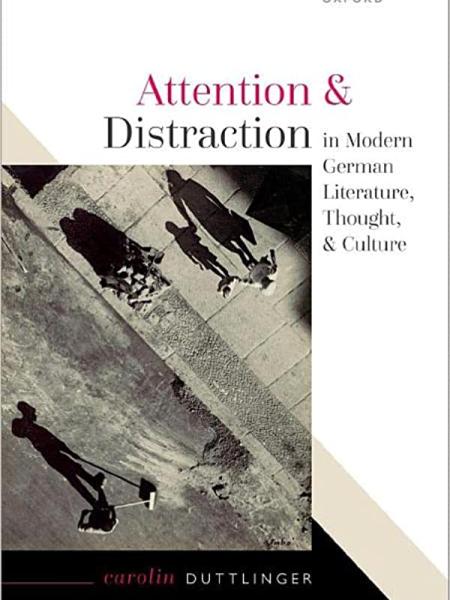
How would you summarise the main thrust of your book for a non-specialist?
Attention is a hotly debated issue at the moment, as people come to realise that in the digital age we're facing unprecedented demands on our mental capacities, which make it increasingly hard to sustain focus over long periods of time. My book shows that this isn't a new concern. It traces the history of debates around attention and its adversary, distraction, from the 18th century to the present day. A particular focus is on the early twentieth century, when a combination of social and technological change (the invention of film, radio and other mass media) was also seen to erode concentration. Like today, there were calls to shore up attention, though people disagreed about how this should be done. While some commentators, particularly at the more conservative end of the spectrum, called for a return to a more traditional, pre-industrial way of life, others, such as writers and artists, sought ways of using distraction constructively in their own work, arguing that there is more than one way of producing, and taking in, texts, music and images.
Which authors do you mainly work on?
My book covers figures from a number of disciplines, ranging from 18th-century thinkers such as Kant and Georg Friedrich Meier via 19th-century psychologists such as Wilhelm Wundt to twentieth-century authors such as Franz Kafka, Robert Musil, Walter Benjamin and Siegfried Kracauer and the Weimar photographers Helmar Lerski and Erna Lendvai-Dircksen. In my final chapter, I look at debates after 1945. They include the poet Paul Celan and the prose writers W.G. Sebald and Felicitas Hoppe.
Can you give an example or anecdote from your book which would be of interest to the general reader?
Contrary to what we might think, self-help and self-optimisation aren't new ideas. This is a strand that dates back to the eighteenth century, and it peaks in Germany in the 1920s. Germans were obsessed with how to improve their concentration both on a collective, state-sponsored and an individual level. All major companies had psychology departments which carried out psychological aptitude testing for current and prospective employees, while bookshops offered self-help guides on how to build up your own concentration span. These best-selling books outlined ten-week programmes involving daily concentration and meditation exercises, which are strikingly similar to today's Mindfulness guides.
What got you interested in becoming an academic specialising in modern German literature?
I've always loved to read, and though I toyed with the idea of studying medicine, being paid to read books was always my dream. I feel very lucky to be able to share this passion with others. Even though I've spent decades working on Kafka, for instance, I'm still discovering new aspects that my students alert me to.

Which holdings in Oxford are particularly interesting or useful to you?
Following an incredible series of lucky turns and coincidences, the Bodleian Library has the largest collection of Kafka's manuscripts world-wide, which are among its greatest treasures. To be working on Kafka in this university is an incredible privilege which I'm very mindful of. Next year will be the centenary of Kafka's death, and we'll be organising a major exhibition on Kafka's life, work and afterlife at the Weston Library, so watch this space!
Is there a little-known German text you would suggest a non-specialist should read?
Talking about Kafka, one of my favourite texts is a fragment about a man who finds a giant egg on his kitchen table. When a bird has hatched from it, he tries to teach it how to fly, hoping that one day it'll carry him on its back 'to southern climes'. The story isn't finished, so we don't know if his dream would have come true (knowing Kafka, probably not...).
A lesser known but equally fascinating author from this period is the Austrian Joseph Roth. His short novel Rebellion (1924) tells the story of a war veteran who is increasingly marginalised in post-war society and loses all faith in the system and in society. It feels like a very prescient story in many ways.